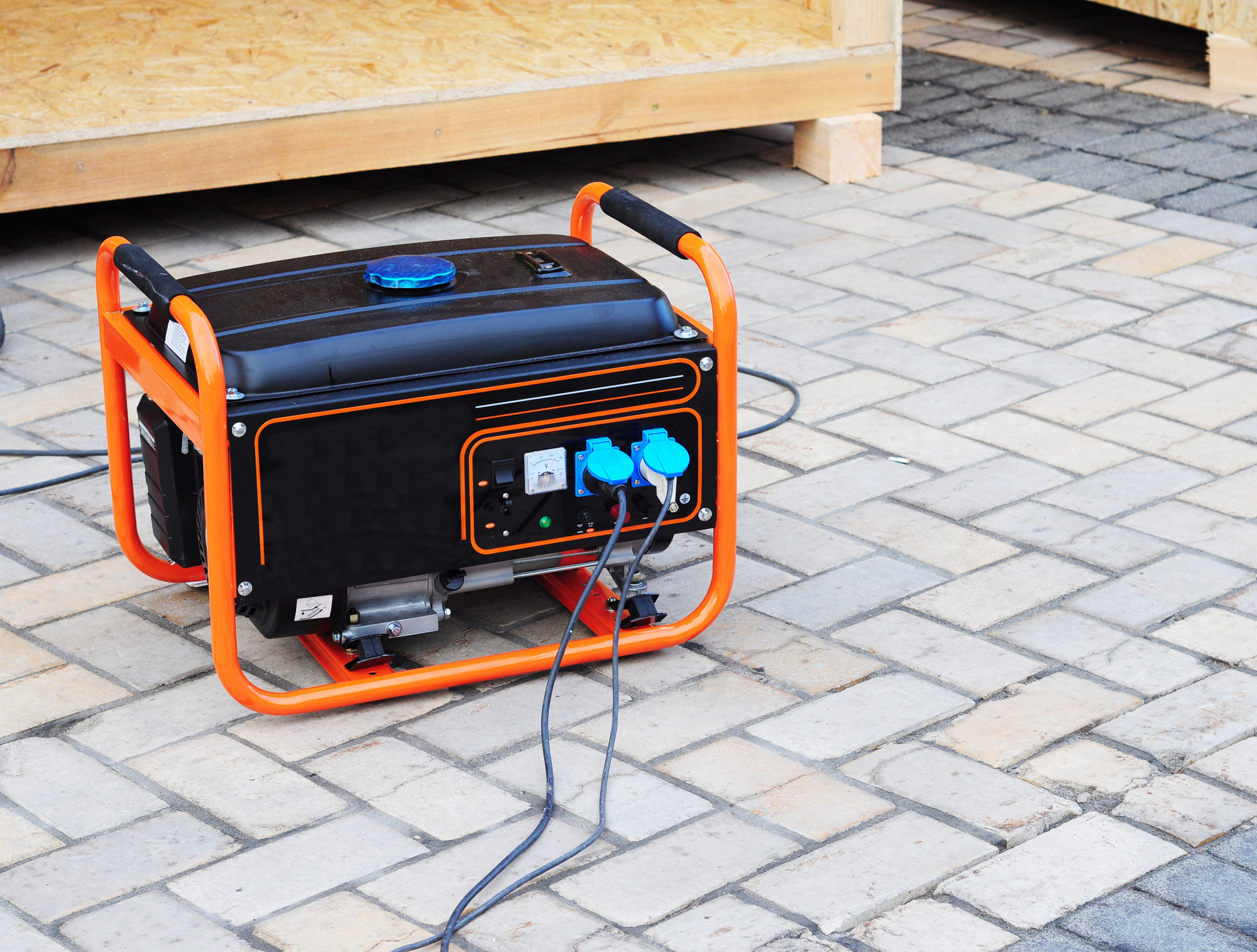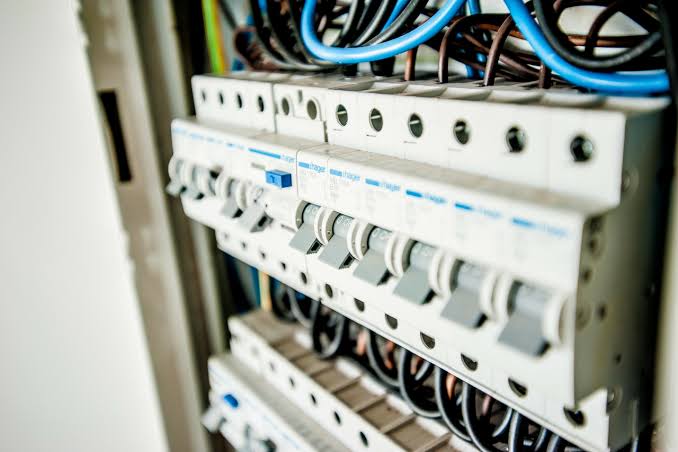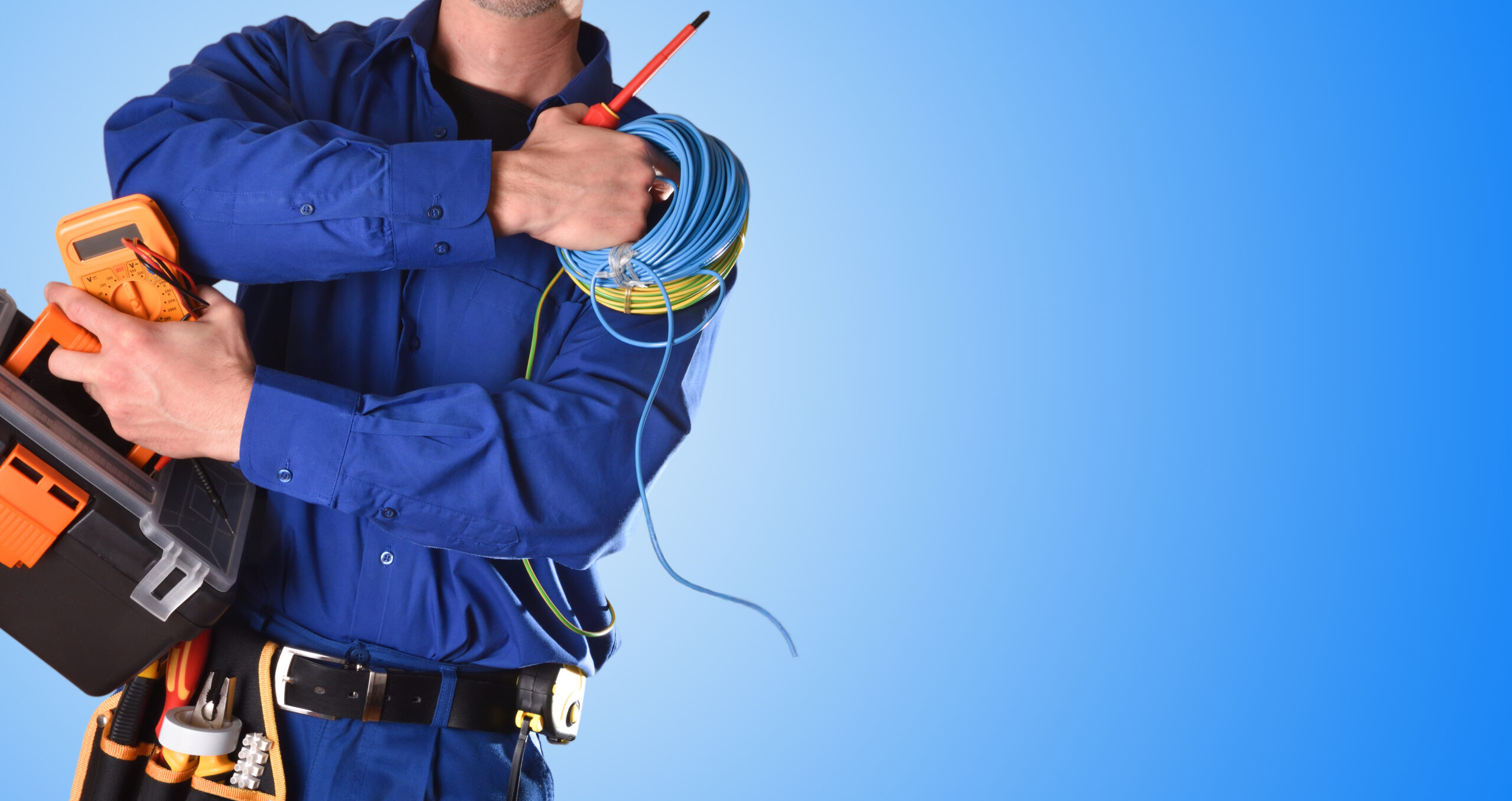Were you aware the United States experiences more power outages than any other developed country?
When blackouts happen, owning a backup generator can help keep your lights on and give you some semblance of normalcy. You can find generators of all sizes, ones that can power your entire home or just the essentials.
Considering purchasing a generator? How do you determine what the best generator for your house is? If you keep scrolling, we’ll discuss everything you need to know.
1. Determine the Type of Generator You Want
When looking for a home generator, you should first think about the type you need. Are you looking for something portable, or do you want a standby generator?
Portable generators are less expensive than standby generators, but you have to plug in your appliances and turn them on during a blackout. They are simple to use and easy to move around.
Standby generators automatically kick into action when the power goes out. These types of generators are suitable for homes that lose power frequently. They are generally powerful enough to run most appliances, and you won’t have to worry about flipping switches or running cords.
2. Figure Out Your Budget
There’s no way around it; a house generator will come with a price tag. Depending on how often your power goes out, though, having a generator ready to go in times of emergency can be invaluable.
Determine what your budget is, and research your options. Standby generators tend to cost between $5000 and $15,000. Portable generators can be anywhere from $500 to $1500, depending on how much power output.
3. Look at Reviews
When looking for the best generator for your house, take a look at reviews. This is one of the easiest ways to find a fantastic generator for your budget.
Go in-depth and read as much as you can. Purchasing a generator is an investment, and you want to make sure you are buying the right one.
4. What Should It Run On?
There are many different types of generators out there that all run on different types of fuel. Most standby generators will run on your home’s fuel supply, so natural gas or propane. Portable generators have more variety when it comes to fuel type. You can find ones that run on gasoline, diesel, kerosene, and more.
If you are running a portable generator, make sure you have enough fuel on hand for when a power outage happens.
5. How Much Power Do You Need?
Another thing to consider is the generator size for your house. How many appliances do you need the generator to run? What about machines, devices, and lights?
A whole home generator needs the correct wattage to run everything efficiently. Calculate your total usage on a regular day and try to pick a generator that can cover that wattage.
Visit this page to learn more about measuring how much wattage you’d need for something like an air conditioner.
Now You Can Pick the Best Generator for Your House
What is the best generator for your house? Are you willing to pay a little more for convenience, or would you prefer something portable? Once you’ve picked a generator, whether that’s a portable generator for only your fridge or a whole house generator, you’ll be ready to tackle any power outage that comes your way.
Was this article helpful? Want more information on home maintenance, real estate, or even technology? We have more articles for you! Make sure to check out our other pages for more.











